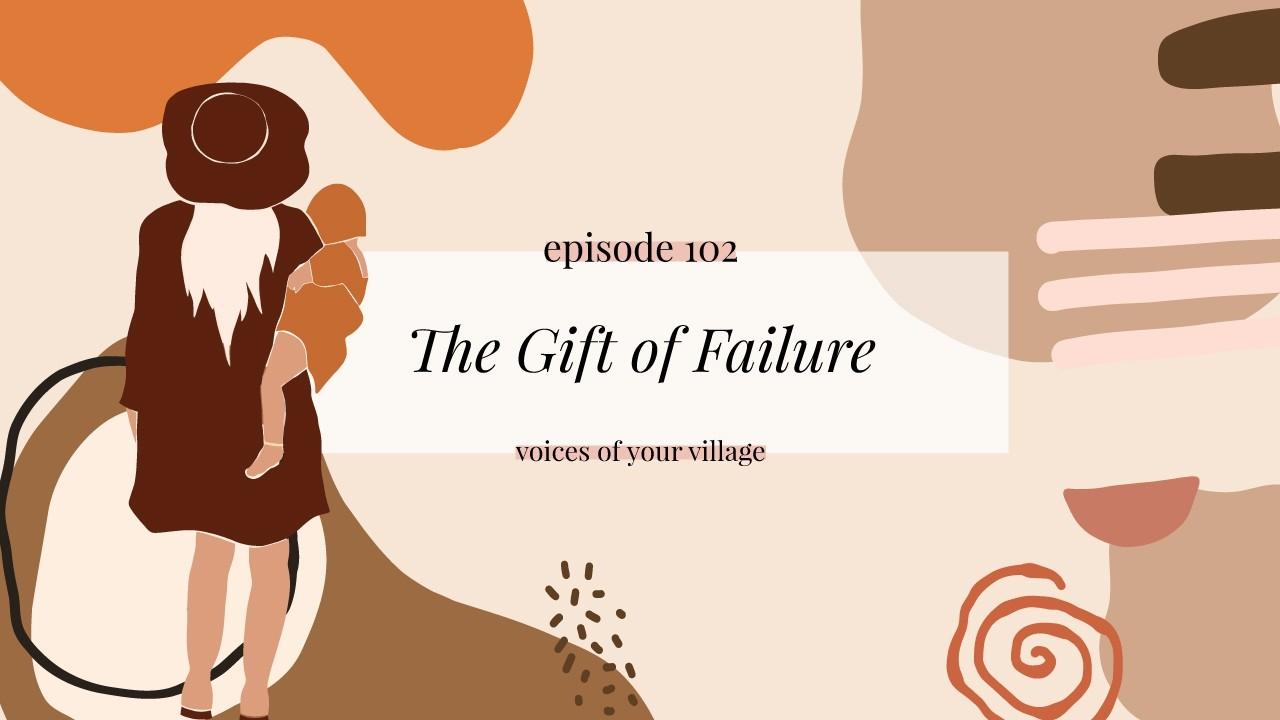Helicopter Parenting, Projection, and the Gift of Failure with Jessica Lahey

Happy New Year everyone, and happy first podcast episode of 2020! This week I sat down with Jessica Lahey, the author of the New York Times Bestseller “The Gift of Failure”. Guys, this book is no joke. After I read it last year I had my whole team read it and, because my team is made up of parents and teachers, it really resonated with us. If you haven’t yet, you’ve gotta check it out.
In addition to being a bestselling author, Jessica has been teaching English, writing, and Latin to six through twelfth graders for the past 20 years. When Jessica noticed that her own kids weren’t being motivated in school for the right reasons- they were more concerned with getting higher grades than what they were learning- she grew concerned. That’s when writing about education turned into writing about how kids learn and stay motivated. So, she looked at her own behavior as a mother and realized that she was overparenting, which is the same characteristic of her student’s parents that concerned her. And thus, The Gift of Failure was born.
“You can call it love in exchange for performance, you can call it outcome love. Either way, it’s emotionally devastating for kids.”
Jessica went on to share a common anecdote from her time working in schools. She speaks to the kids in the morning, then does professional development with the teachers, and at night speaks with the parents. She starts by having all the parents in the room close their eyes and asks the kids to raise their hand if they get paid for their grades, about 20% of the hands are raised. Then she asks the kids if they think their parents love them more when they get higher grades, and 80% of the kids raise their hands.
“I don’t believe it’s any parent’s intention to do this.”
Jessica and I agree that this isn’t an intention of the parents, but instead an unfortunate side effect of how we react to hearing positive news. “I talk often about not loving children based on performance, but realistically when a kid brings home an A we automatically react more positively than when a kid comes home with a B minus,” Jessica says. “Often our reaction to that lower grade is silence, and that is a withdrawal of love based on performance.” Instead, Jessica teaches parents to focus on the process instead of the product.
I took this as an opportunity to ask, “How do you celebrate kids’ accomplishments without it feeling like conditional love? Even as an adult, when I do something I am jazzed about I want the people in my life to celebrate with me, but I also want their love without having achieved an accomplishment.” Jessica’s answer is that, for kids, it is all about what you are building at home.
At home, Jessica focuses on the process of setting goals and talking to kids about what is important to them. “Ask your kids to teach you about what they find important,” Jessica says. “Always bring the conversation back to process instead of product, then when we say that we care about the learning they will believe us.” Naturally, kids receive a lot of positive feedback for high grades, but at home, we should be setting different, more personal goals. We should be talking about trying and failing and succeeding at goals that are important to us.
“I don’t want to teach them that what I care about is the numbers, I want to teach them that what I really care about is the learning.”
I then asked Jessica what her thoughts are on encouraging kids to focus on the classes where they receive low grades rather than the ones where they already are doing well. Jessica explained that there is something to be said for stretching yourself by trying something outside of your comfort zone, for kids and adults. “Our kids need to see us pushing ourselves in ways that are uncomfortable for us,” said Jessica. “I don’t like being bad at things the first time I try them, but our kids will be more willing to push themselves in challenging ways when they see us doing the same.” She told us that when she sets goals with her family, they set their goals individually, and one always has to be something that is scary to them. It’s a hard thing to tell parents, “if you are not challenging yourself in new and exciting ways then you cannot expect your children to do the same.”
“We should all be pushing ourselves to try things that are hard for us.”
Honestly, guys, a lot of this is ego work- to fail and have that be okay. As a teacher, part of my process was reflective practice. At the end of the day I would pause to ask myself, how could I have better reached my kiddos that day? This is something we aren’t telling parents, to pause at the end of the day and reflect on how they can improve. When you make a mistake and things don’t go the way that you want, of course, you feel upset and embarrassed- the goal is to teach kiddos that these are feelings that they are allowed to feel as well.
“If your kid enjoys learning, they are going to go on to enjoy learning for longer. If your kid hates learning, they are likely not to enjoy learning for much longer.”
Guys, Jessica Lahey was an absolute dream of a guest and I am so glad I had this opportunity to chat with her. For the rest of our chat and more of Jessica’s delicious insight click on our episode above!
